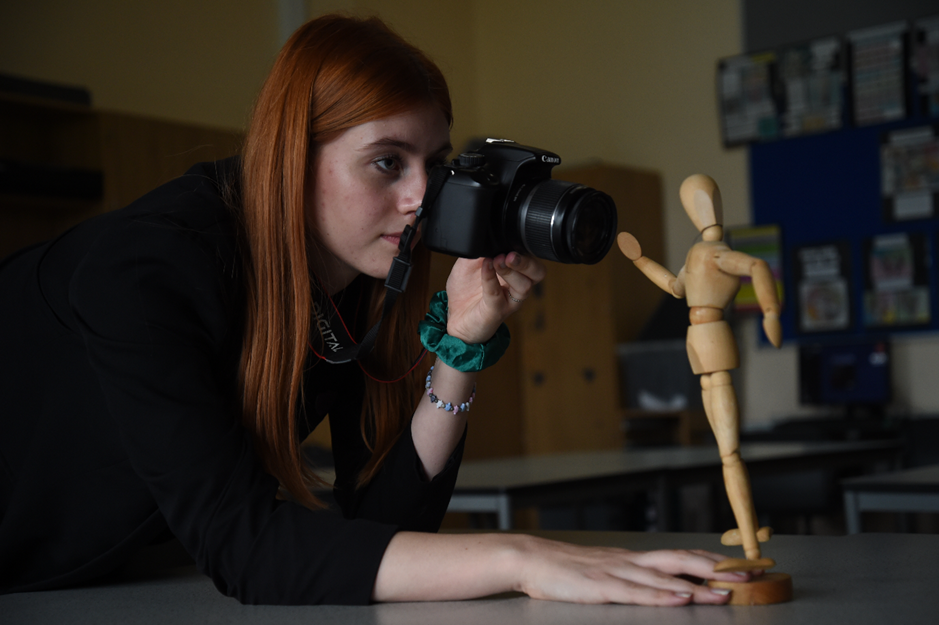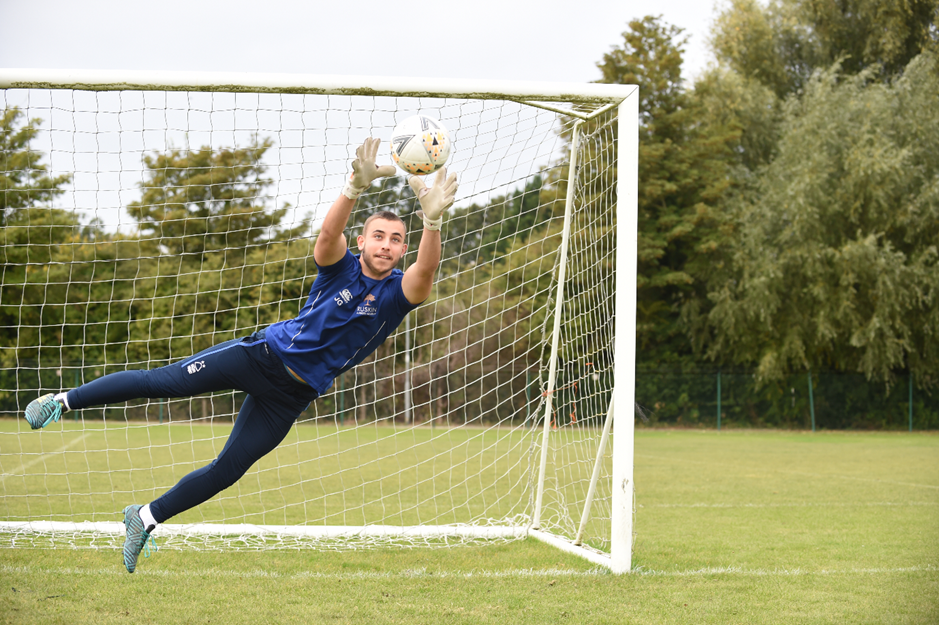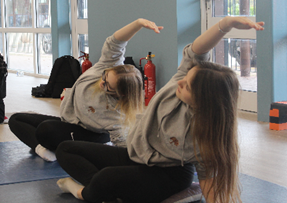Cultural Capital at Ruskin
Developing Students’ Cultural Capital at Ruskin
What is Cultural Capital?
Cultural capital is “the essential knowledge that pupils need to be educated citizens, introducing them to the best that has been thought and said and helping them to engender an appreciation of human creativity and achievement” (Ofsted School Inspection Handbook 2019). It is one of the key tools that enables students to reach their full potential. Cultural capital promotes social mobility and success in our ‘stratified’ society (multi-layered in terms of background, income, education, cultural heritage, opportunities and other factors). Cultural capital gives students power. It helps them set and achieve goals, broaden aspirations and achieve personal success and social mobility, whatever their starting point.
At Ruskin we recognise that for students to aspire and achieve academic success, they need rich, varied and sustained opportunities to develop cultural capital. This complements the academic teaching and learning undertaken through the national curriculum framework. Therefore, we offer a varied, challenging and balanced curriculum to help students be prepared for the next step in their lives – whether that is further education, an apprenticeship, university or a career.

Cultural capital is developed in a range of ways, such as:
- Providing opportunities to explore new activities, through lunchtime and after-school clubs;
- Teaching students about a wide variety of arts;
- Prioritising school trips;
- Encouraging questioning, curiosity and creativity to ignite a passion for learning;
- Using Pupil Premium to ensure that all pupils fully develop their cultural capital, whatever their financial means.
There are six key areas of development that contribute to a student’s cultural capital:
- Personal Development
- Social Development
- Physical Development
- Spiritual Development
- Moral Development
- Cultural development
1. Personal development:
- Personal, Social and Health Education programme delivered daily in Tutor time and through regular Personal Development study days;
- The House system offering a welcoming and supportive community for each student;
- The wider pastoral framework and pastoral team;
- Ruskin’s SEND offer and support team;
- Group and individual career pathway guidance and support;
- Academic interventions and tutoring;
- Targeted therapeutic interventions, mentoring, mental health support & well-being provision.
2. Social Development:
- Personal, Social and Health Education;
- Student volunteering and charitable works (linked to the Ruskin Value of Generosity);
- Student Voice – School Council;
- Community / Reading Room (e.g. newspapers provided to encourage knowledge of current affairs and politics);
- Philosophy club to explore wider issues (linked to the Ruskin value of Wisdom);
- Debating opportunities;
- Community engagement programmes including Duke of Edinburgh and Combined Cadet Force;
- Wide range of extra-curricular activities, clubs and safe space groups;
- Social media awareness and internet safety guidance.

3. Physical Development:
- The Physical Education curriculum;
- Healthy Eating advice and catering provision;
- Health Education including workshops on drugs, smoking and alcohol;
- Extensive extra-curricular programme related to sports, dance and fitness;
- The celebration of sporting achievement including a whole school sports day, House competitions, personal fitness and competitive sport;
- Activity-based residential opportunities including sporting trips abroad (e.g. ski trip)
- Access to student gym;
- The promotion of walking or cycling to school (bike racks provided for use by students and staff).
- Therapeutic interventions for SEND students where necessary (e.g. occupational and physio therapy).
4. Spiritual Development:
- The Religious Education Curriculum;
- Support for the expression of individual faiths;
- Visits to religious buildings and centres;
- Collaboration with local faith, charity and groups (e.g. St Wulfram’s Church);
- Understanding and celebrating festivals;
- Exploring other faiths and cultures (RE, Inter-Cultural Enrichment)

5. Moral Development:
- The Religious Education Curriculum;
- Promoting Ruskin Values, British Values, Global Citizenship;
- Behaviour and achievement policy;
- Behaviour support (e.g. mentoring and anger management interventions);
- Contributions to local, national and international charitable projects;
- Environmental action (e.g. Green Canteen club, water fountains to encourage less single-use plastic, paper recycling bins, exploring deforestation and climate change);
- Promotion of equality, diversity and community cohesion;
- Challenging the use of inappropriate language, stereo-types and any form of discrimination linked to the protected characteristics in the Equality Act;
- Educating students on extremism (Prevent Strategy);
- Promoting integrity, emotional resilience, healthy relationships and positive behaviours.
6. Cultural Development
- Access to the visual and performing arts (Music, Dance, Drama, Art, Photography, Graphics, etc.) through a broad curriculum;
- Studying and interpreting the work of visual and performing artists;
- Extra-curricular art, music and dance clubs, groups and lessons;
- Access to the languages and cultures of other countries through Foreign Languages;
- Curriculum visits and trips (e.g. Van Gogh immersive experience).
